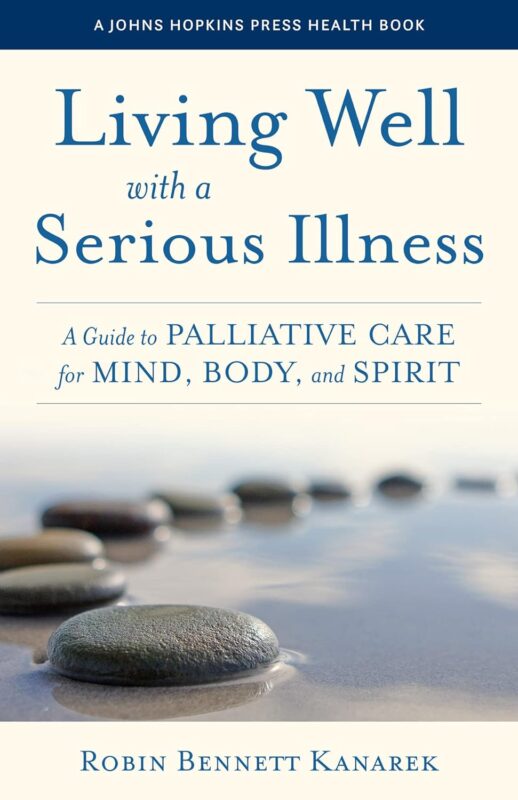It is best to think about your visit at least days in advance. It is encouraged to make a list of questions ahead of time on paper or electronically and bring the list to your appointment. It may be necessary for you to ask the same question more than once to make sure you get and understand the complete answer.
Mayo Clinic is a renowned medical institution known for its expertise and patient-centered care. Their patient care and health information section offers a wide range of reliable resources on various medical conditions, treatments, medications, and self-care tips.
Website: https://www.mayoclinic.org/patient-care-and-health-information
MedlinePlus is a service of the U.S. National Library of Medicine, providing trusted and up-to-date health information. The website offers easy-to-understand information on medical conditions, drugs, supplements, and interactive tutorials. It’s designed for both patients and their families.
Website: https://medlineplus.gov
MedlinePlus is a service of the U.S. National Library of Medicine, providing trusted and up-to-date health information. The website offers easy-to-understand information on medical conditions, drugs, supplements, and interactive tutorials. It’s designed for both patients and their families.
Website: https://medlineplus.gov
Robin Bennett Kanarek was a registered nurse working with patients suffering from chronic medical conditions when her ten-year-old son was diagnosed with leukemia. As her son endured grueling treatments, Robin realized how often medical professionals overlook critical psychological, emotional, and spiritual support for people with life-threatening illnesses. Living Well with a Serious Illness is the culmination of decades of Robin’s work to advance the field of palliative care.
Although palliative care is often associated with hospice and end-of-life planning, Kanarek argues for a more expanded definition that incorporates palliative care earlier in patients’ journeys. Living Well with a Serious Illness helps patients and their caregivers understand
• what palliative care entails
• how to access the support they need when going through a serious illness
• what questions to ask medical professionals
• how to navigate advanced care planning
• definitions of common terminology used with end-of-life planning
• the importance of spiritual care, coping strategies, and emotional support
• how to become an advocate for palliative care
This book illuminates the importance of seeing patients as individuals who can benefit from care for their body, mind, and spirit—the core tenet of palliative care.

This is a detailed “In Case of Emergency” form that you may want to fill out, providing very important information to your loved ones, if you suddenly are incapacitated. You can fill out the form on-line, if you’d like, and save or print copies for yourself & loved ones.